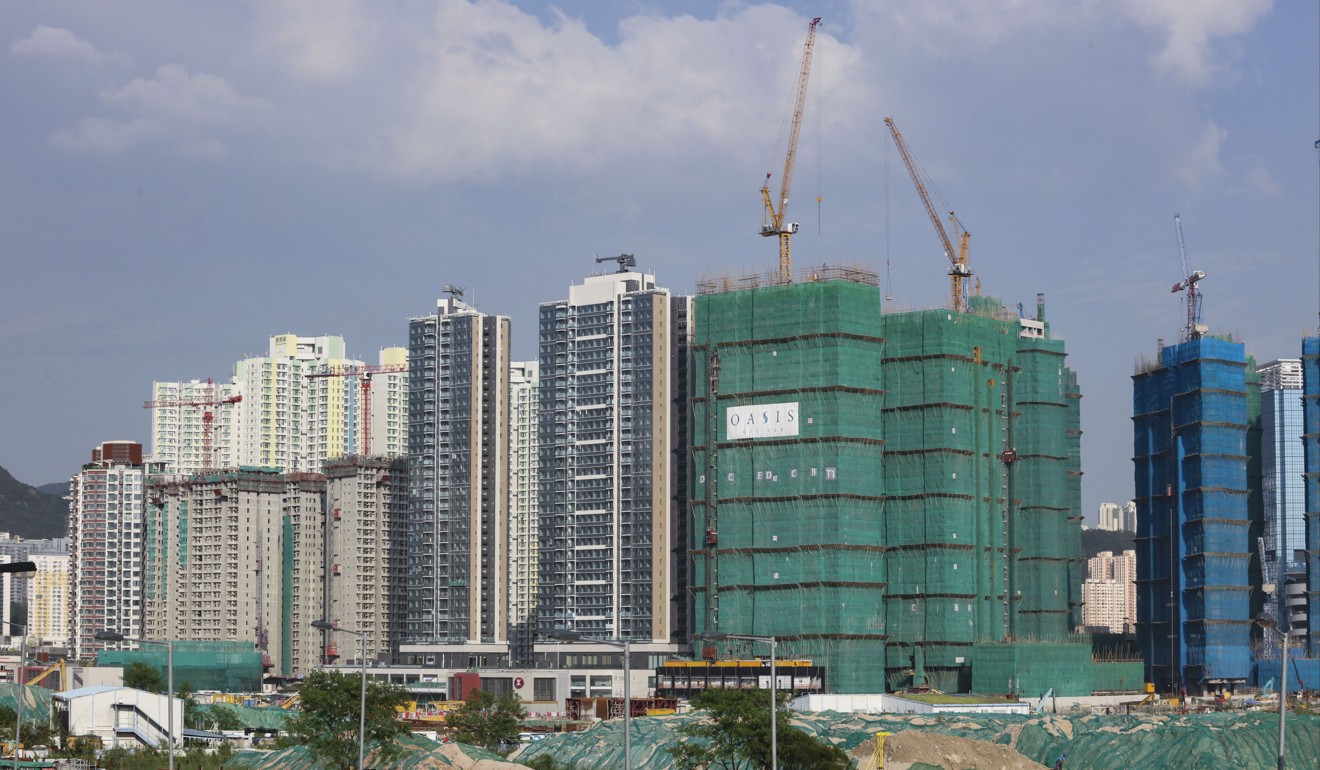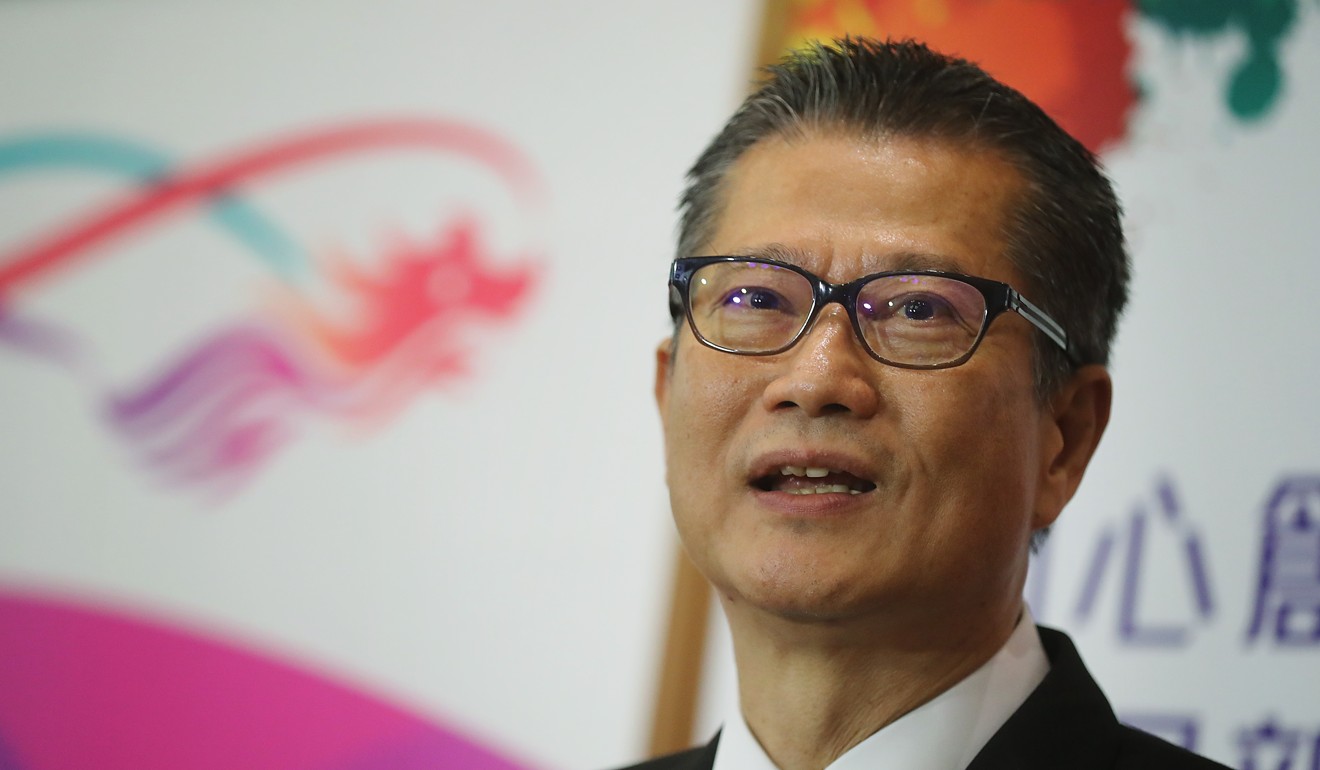
Why is it so difficult for the Hong Kong government to remove property as a pillar industry?
City feels impact of both economic policies formed across border and performance of global markets
One does not have to be an expert to realise that, as an open economy under “one country, two systems”, Hong Kong is more than likely to feel the impact of both economic policies formulated across the border and the performance of global markets.

The meeting of the powerful, 25-member Politburo listed warding off major financial risks, offering poverty relief and fighting pollution as the top three economic priorities for next year.
But just as eye-catching was the decision to further reform the property market to keep China’s economy on a healthy track. Mainland analysts interpreted it as a strong signal that authorities no longer see investment in the sector as an engine for growth, as it has been in recent decades.
Beijing to set out Hong Kong’s role in China’s global trade strategy during Carrie Lam visit
With such a major repositioning and combined with government efforts to build more subsidised housing and encourage more rental supply, mainland property prices are expected to stabilise and gradually decline in the coming years.

Shenzhen economy closing in on Hong Kong under revised calculation methods
Of course, the government cannot easily use taxpayer money to directly subsidise homes. Thus, for years it has resorted to land supply as the fundamental solution to cool property prices. But, with low interest rates and the influx of hot money, the dilemma recalls the saying that “water from afar quenches not fire”.
Though Hong Kong and the mainland operate under two different economic systems, the city’s government understandably shares a similar line of thinking with authorities across the border: it does not want to see property remain a local “pillar” in this age of a new economy.
Property prices in the city keep surging to new heights, despite officials’ efforts to tame them, and revenue is still heavily dependent on land sales. Seeking public consent to boost land supply is not enough.
Chan knows this all too well. And as his budget consultation presses on, he knows there is a need to provide effective “painkillers” for the city’s biggest headache – the housing problem. It will not be easy.
As the financial chief, he is expected to set the economic direction for Hong Kong in a way that justifies how he spends public money and what he spends it on.

